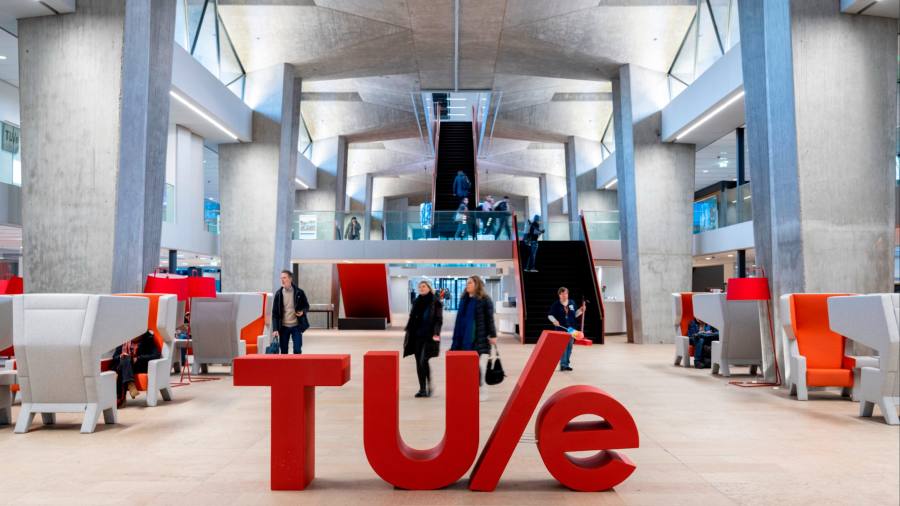The Dutch government plans to vet international students after universities barred some Chinese postgraduates from top technology degrees over fears they could be a risk to national security.
Education minister Robbert Dijkgraaf said he is investigating whether to curtail international participation in some programmes after several universities said they cut down on Chinese students because of their ties to the communist regime.
It is the latest sign of a stricter stance EU countries have adopted about perceived security and economic threats posed by Beijing after decades of openness.
The universities have concerns over students funded by the China Scholarship Council.
Recipients of grants have to swear allegiance to the communist party, return to China within two years of completing their studies and report to the Chinese embassy in the country where they study. The news was first reported by Dutch newspaper Trouw.
Dijkgraaf told the Financial Times that he shared the concerns of universities.
“In general, the targeted use of grant programmes to obtain high-quality knowledge and technology for the state is undesirable,” the minister said. “I have set up a study to see how many CSC researchers there are in the Netherlands and in which fields they are active.”
He would report to parliament this year, he said, and is preparing a Knowledge Security Screening law. “The risk areas — sensitive technologies — are currently being mapped out. The screening will be risk-oriented,” he said, adding that the assessments will apply to any non-EU countries.
The Dutch minister rejected the idea that there was a specific policy “to exclude Chinese students . . . or to discourage co-operation with Chinese institutes or researchers in sensitive fields”.
However, The Hague has come under pressure from Washington to restrict the transfer of advanced technology to China.
It has announced that the most advanced silicon chipmaking machines from manufacturer ASML would require an export licence.
Liesje Schreinemacher, the Dutch trade minister, said in an interview that China might try to skirt the controls by procuring the knowledge from Dutch universities instead.
“If you want a certain technology, you first try to buy the technology. If that doesn’t work, you try to invest. If that doesn’t work, you send people to the technology institutions to get the technology or to get the knowledge of that technology.
“We need China for our R&D and also for our green transition. But we also have to see which students from which countries we allow to access all research,” she said.
Delft University of Technology, Maastricht university and Eindhoven University of Technology (TU/e) are among institutions reducing the number of CSC students they take.
“What I see happening is that gradually all Dutch universities will reduce the number of students from China and also reduce research co-operation with Chinese counterparts,” said Robert-Jan Smits, president of TU/e.
“The Dutch government is asking universities to take a more restrictive approach and look after their crown jewels better,” he added.
China’s foreign ministry said it hoped the situation would not be “politicised and stigmatised”.
“China-Netherlands co-operation on educational exchanges has been developing well in recent years,” the ministry said.
Since the China Scholarship Council “has not yet set up overseas branches”, the ministry added, it has “entrusted Chinese consulates to provide services and consultation to scholarship recipients . . . This meets with common international practice.”
Additional reporting by Alice Hancock in Brussels and Yuan Yang in London
Read the full article here




